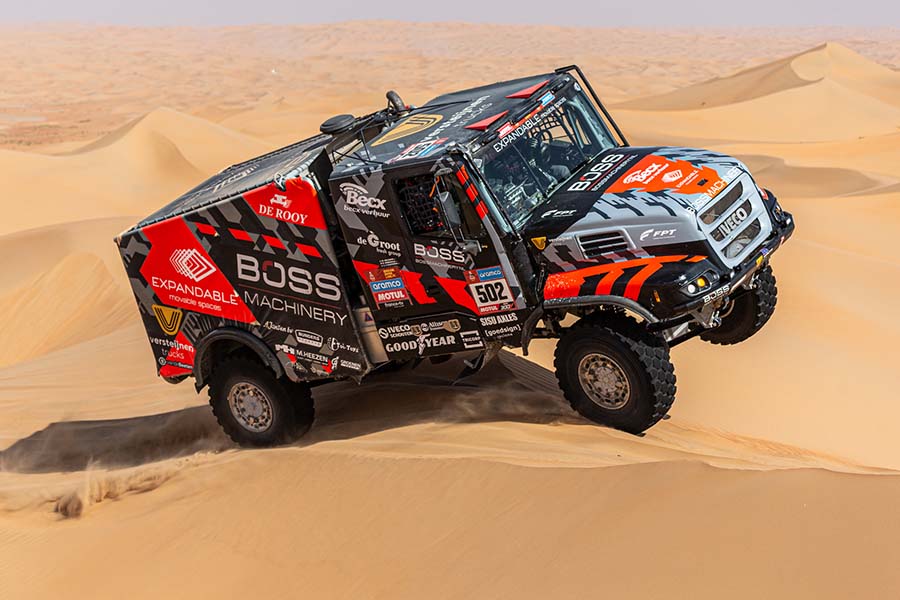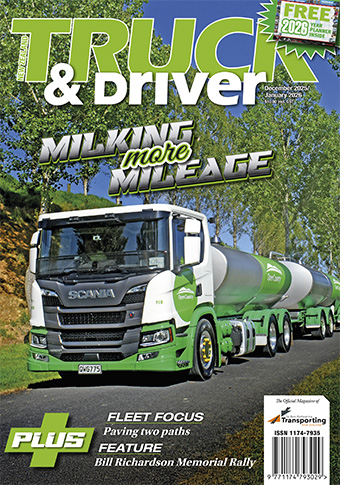Aeolus Truck & Driver News


Dakar `24 route set to challenge
Aeolus Truck & Driver News
Competitors in next year’s Dakar Rally will face a gruelling two week challenge in the deserts and mountains of Saudi Arabia.
The 46th edition of the world’s toughest Rally Raid event is the fifth to be held in Saudi Arabia. The start on January 5 is from the 1000-year-old city of Al Ula, and the Dakar will cross the country in the direction of the `Empty Quarter’ and then loop back to finish in Yanbu on the shores of the Red Sea on January 19.
The rally itinerary includes a Prologue stage and 12 special stages, the longest being a 600km marathon stage in the `Empty Quarter’ desert region with no service support. The route will include 5,000km of special stages, of which an estimated 60% will be all-new sections.
...Competitors in next year’s Dakar Rally will face a gruelling two week challenge in the deserts and mountains of Saudi Arabia.
The 46th edition of the world’s toughest Rally Raid event is the fifth to be held in Saudi Arabia. The start on January 5 is from the 1000-year-old city of Al Ula, and the Dakar will cross the country in the direction of the `Empty Quarter’ and then loop back to finish in Yanbu on the shores of the Red Sea on January 19.
The rally itinerary includes a Prologue stage and 12 special stages, the longest being a 600km marathon stage in the `Empty Quarter’ desert region with no service support. The route will include 5,000km of special stages, of which an estimated 60% will be all-new sections.
“The challenge will be just as daunting as last January”, warns race director David Castera, who promises the competitors massive stretches of dunes where navigation difficulties will accompany the technical challenges of crossing them.
A new addition to the event in 2024 is called Mission 1000, a part of the Dakar Future programme, which offers constructors an opportunity to test vehicles with innovative technologies on Dakar terrain in a non-competitive format.
Fully electric, hybrids using biofuels, and hydrogen powered cars, motorcycles and trucks will cover 100km each day, with performance evaluated for efficiency and their carbon footprint rather than outright speed. The Mission 1000 section is considered as full-scale test ahead of these vehicles being entered competitively in future events.



 + EQUIPMENT GUIDE - FREE
+ EQUIPMENT GUIDE - FREE
